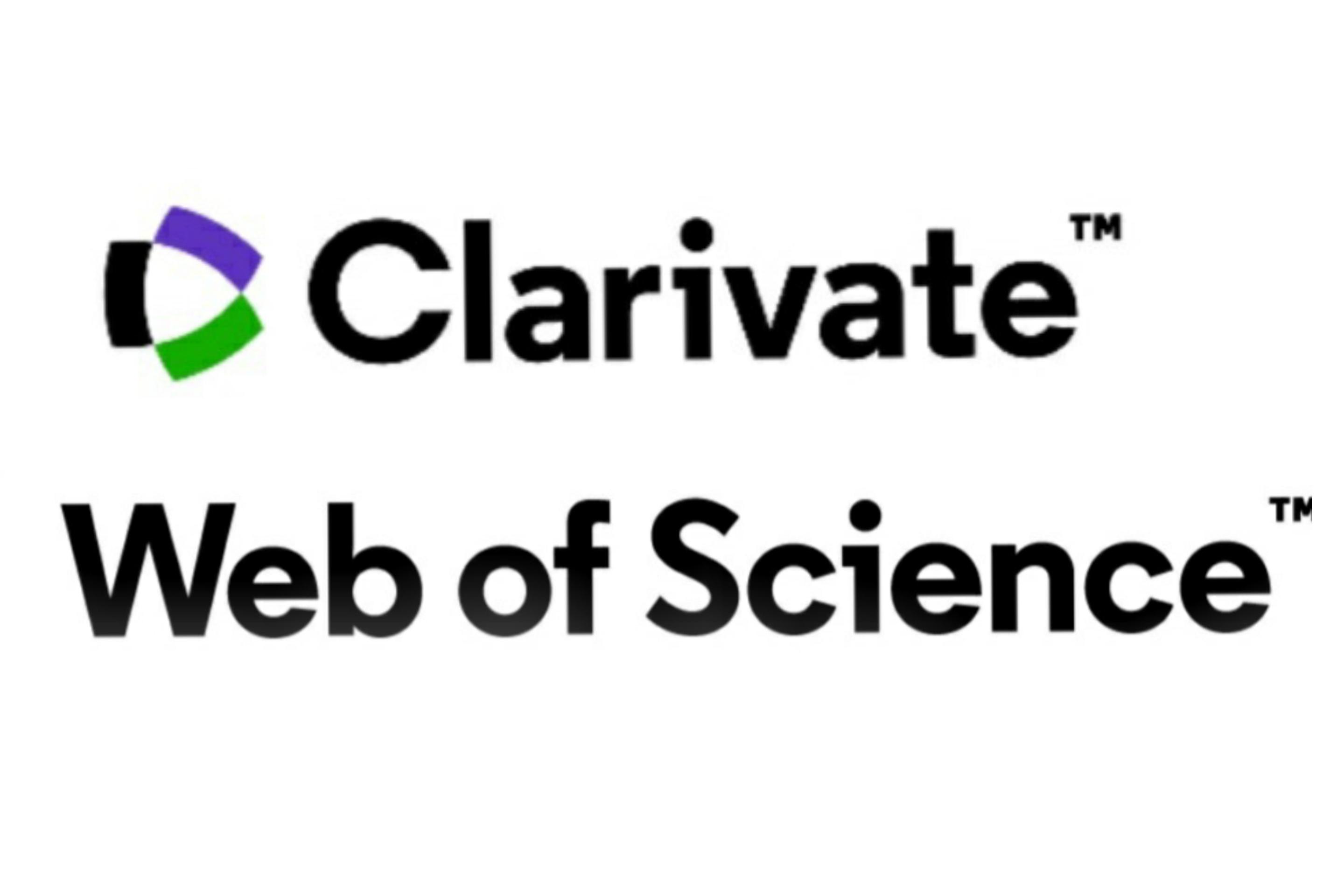Using interactive methods in training physics
Keywords:
education, knowledge, pedagogy, interactive method, multimedia, physics, electricity and magnetismAbstract
World studies have shown that traditional standard teaching does not provide a complete mastery of the topic. In this regard, there is a need to change the approach to teaching methods in this area. The article deals with the possibilities of using the interactive method in developing an additional textbook in the form of multimedia materials for teaching the course "Electricity and Magnetism." Interactive work with students and changing the role of the student from passive to active, so it is the basic idea of the method proposed in this paper. The method also includes students' feedback to the lecturer and gives an idea of the understanding of the subject and the possibility of correcting students' mistakes. The paper presents the results of an experiment on the application of the proposed innovative method of teaching in the course "Electricity and Magnetism" in a graphical format; based on a comparative analysis of data from different years, the effectiveness of this method is shown.
References
2. E.F. Zeer, А.М. Pavlova, and E.E. Symanyuk Modernizaciya professionalnogo obrazovaniya: Kompetentnostnyi podchod (Moscow: MPSI, 2005), 216 p. (in Russ)
3. I.A. Zimnya, J. Higher education today, 5, 34–42 (2003). (in Russ)
4. M. Karpenko, J. Vysheye obrazovaniye v Rossiyi, 4, 93 (2007). (in Russ)
5. А.N. Кononec Collection of methodical works «Innovacionnye podchody k organizacyy obrazovatelnjgj processa v sovremennom technicheskom vuze» (Habarovsk: DVGUPS, 2008), p. 22-31. (in Russ)
6. А.N. Sozorov Proc. of the All-Russian scientific-methodical conference with international participation «Povysheniye kachestva nepreryvnogo professionalnogo obrazovaniya» (Кrasnoyarsk: IPC KGTU, 2006), p. 233- 234. (in Russ)
7. N.N.Dvulichanskaya J. Nauka I obrazovanye. 4, (2011). http://technomag.edu.ru/doc/172651.html (in Russ)
8. M.A. Kosolapova and V.I.Yephanov Proc. of the Int. Scientific and Methodological Conference «Sovremennoye obrazovanye: problem obespechenya kachestva podgotovki specialistov v uslovyah perehoda k mnogourovnevoi systeme vysshego obrazovanya» (Tomsk: ТUSUR, 2012), p. 161-162. (in Russ)
9. Yu.V.Gushin, Psychological journal of the International University of Nature, Society and Man «Dubna», 2, 1-18 (2012). (in Russ)
10. Yu.E. Krasnov, J. Metod projektov. Series of «Sovremennye technologii universitetskogo obrazovanya». 2, 197-221 (2003). (in Russ)
11. I.K. Masalkov and M.V. Semina Strategya keys study: metodologya issledovanya I prepodavanya: uchebnik dlya vuzov (Мoscow: Academic Project; Alma Mater, 2011), 443 p. (in Russ)
12. T.S. Panina and L.N. Vavilova Sovremennye sposoby aktivizacii obuchenya: uchebnoye posobye (Мoscow: Academy, 2008), 176 p. (in Russ)
13. J. Campbell, J. Bourne, P. Mosterman, and A.Brodersen, J. of Engineering Education, 91(1), 81–87 (2002).
14. C.H. Crouch and E. Mazur, American Journal of Physics, 69(9). (2001). https://doo.org/10.1119/1.1374249
15. A. Danihelová Physics and its place in the new study programs at the Technical university in Zvolen. (Starý Smokovec – Tatry, 2006), p. 17–21.
16. P. Demkanin, J. Pišút, and K. Velmovská Vybrané Faktory Prispievajúce k Rozvoju Kompetencií Žiakov pri Vyučovaní Fyziky. (Bratislava: Knižničné a edičné centrum FMFI UK, 2011), 111 p.
17. D.I. Dykstra, C.F. Boyle, and I.A. Monarch Studying conceptual change in learning physics. Science Education, 6, 615–652 (1992). https://doo.org/10.1002/sce.3730760605
18. I. Halloun and D.Hestenes, American Journal of Physics, 53, 1043–1055 (1985)
19. P. Hockicko, Proc. SEFI – PTEE 2011 (Physics Teaching in Engineering Education) (Mannheim Germany, 2011).
20. J. Holbrook, J.Science Education International, 20 (2), 44 (2009)
21. S. Holec, M. Hruška, and J. Raganová, J. Informatics in education, 3(2), 219–228 (2004).
22. V. Koubek, V. Lapitková, J. Aktuálne Problémy Fyzikálneho Vzdelávania v Európskom Priestore, UKF Nitra, 230–237 (2011).
23. T. Martín-Blas, L. Seidel, and A. Serrano-Fernández, European Journal of Engineering Education, 35(6), 597–606 (2010). https://doo.org/10.1080/03043797.2010.497552.
24. L.C. McDermott American Journal of Physics, 69, 1127–1137 (2001). https://doo.org/10.1119/1.1389280
25. https://ocw.mit.edu/index.htm













